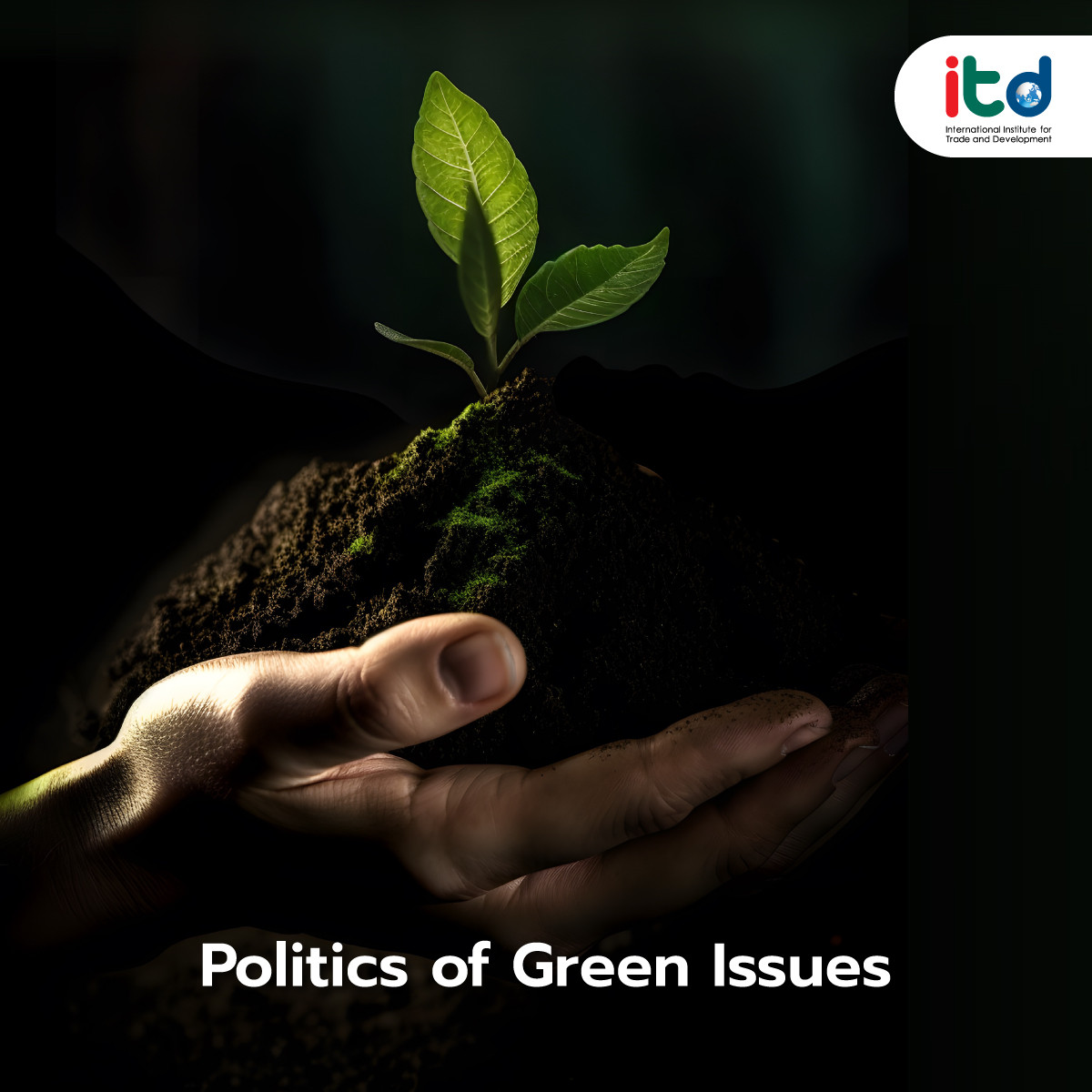About Documents
The impact of environmental issues is becoming increasingly severe and noticeable, ranging from climate change, biodiversity loss, natural disasters, and unpredictable weather and seasons. These challenges have led to calls for serious and effective solutions, requiring governments worldwide to drive domestic actions and global targets.
However, it is undeniable that politics greatly influence national environmental policies and the direction of global environmental agendas. Environmental policies often shift according to the orientation of a country’s leadership.
A clear example is the United States, one of the world’s largest greenhouse gas emitters. U.S. environmental policies have fluctuated with each presidential reign. During Donald Trump’s first term as President, the U.S. withdrew from the Paris Agreement, a critical international climate agreement. Conversely, under President Joe Biden, the U.S. rejoined the Paris Agreement. However, after Trump wins a second term, the U.S. might again withdraw from the Paris Agreement or even from the UNFCCC, the core framework for addressing global climate change. This inconsistency raises questions about the U.S.’s commitment to addressing environmental challenges.
Even in the European Union (EU), political shifts affect environmental initiatives. The rise of right-wing parties in the European Parliament could dampen the EU’s enthusiasm for advancing climate change policies. Additionally, EU environmental measures require approval from multiple member states, meaning that support from major countries significantly impacts policy direction. For instance, the EUDR (EU Deforestation Regulation), which aims to ban imports linked to deforestation, has faced delays. Originally set to be enforced by the end of this year, its implementation has been postponed for another year following opposition from several countries, including Germany.
International climate conferences like COP29 in Baku, Azerbaijan, also face political challenges. The absence of key leaders from countries such as France, the U.S., Russia, and Brazil has raised doubts about the effectiveness of these meetings in addressing climate change. The prospect of financial aid from developed countries to assist developing and least developed nations remains dim.
In Thailand, environmental issues are often tied to economic aspects, with environmental policies typically receiving less priority than economic and social policies. Efforts to promote sustainable and environmentally friendly economic and industrial practices lack continuity and rely heavily on the direction set by each government.
ASEAN countries, heavily impacted by environmental problems such as climate change, transboundary haze, and ocean ecosystem degradation, also face significant challenges. Reaching binding environmental agreements requires considerable effort, while member states grapple with external pressures from international environmental policies, including emissions reductions, deforestation prevention, and energy usage.
Solving global environmental problems requires coordinated efforts both at the national level and through international cooperation. International politics and national leaders play pivotal roles in shaping the future of environmental initiatives, whether positively or negatively. Prioritizing environmental issues and maintaining consistent policies are key to driving sustainable solutions for both national and global environmental challenges.
Author:
Ms. Patcha Thamrong-ajariyakun
Senior Researcher
International Institute for Trade and Development (Public Organization)
www.itd.or.th
Publication: Bangkok BIZ Newspaper
Section: First Section/World Beat
Volume: 37 Issue: 12781
Date: Wednesday, Nov. 27, 2024
Page: 8 (bottom)
Column: “Asean Insight”






